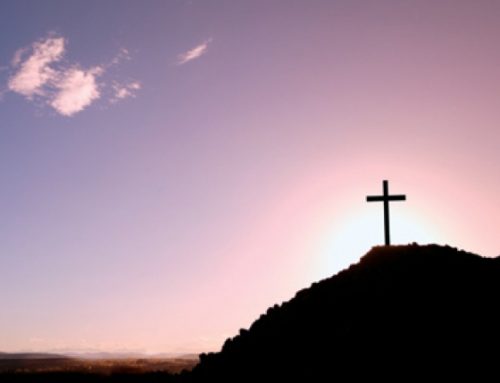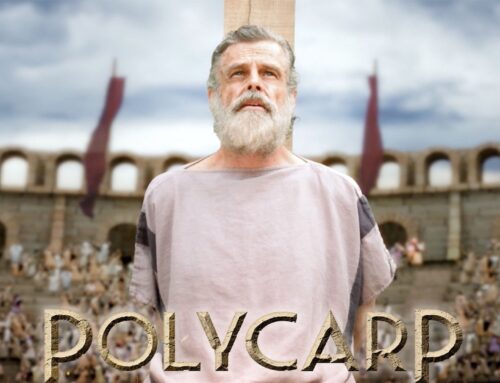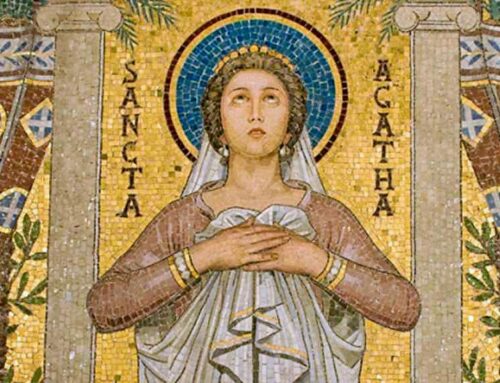The preaching of Jesus was directed in the first place to Israel, as he himself said to his followers: “I was sent only to the lost sheep of the house of Israel” (Matt 15:24). But from the beginning of his active life he invited everyone to conversion: “The time is fulfilled, and the kingdom of God is at hand; repent, and believe in the gospel” (Mark 1:15).
However, this call to personal conversion was not conceived in an individualistic context; rather, he was continually looking to reunite a scattered humanity into the People of God whom he had come to save.
Open to all of humanity, Jesus intended to reunite the people of the Covenant. A clear sign, in fulfilment of the promises made to his people, is the institution of the Twelve apostles, with Peter at the head.
“The names of the twelve apostles are these: first, Simon, who is called Peter, and Andrew his brother; James the son of Zebedee, and John his brother; Philip and Bartholomew; Thomas and Matthew the tax collector; James the son of Alphaeus, and Thaddaeus; Simon the Cananaean, and Judas Iscariot, who betrayed him” (Matt 10:2-4; cf Mark 3:13-16; Luke 6:12-16).
The number 12 is a reference to the twelve tribes of Israel. It shows the significance of this initiative to gather together the holy people of God, theekklesia Theou. They are the foundations of the new Jerusalem.
A new sign of this intention of Jesus is that during the Last Supper he entrusted to them the power to celebrate the Eucharist, which he instituted on that occasion (see the question, What went on at the last supper?). In this way he transmitted to the whole Church, in the person of those Twelve who were at her head, the responsibility of being a sign and instrument of the meeting begun by Him, which is to be offered up to the end times.
His self-giving on the cross, anticipated sacramentally in this supper, and made present every time the Church celebrates the Eucharist, creates a community united in communion with Him, a Church called to be sign and instrument of the task begun by Him.
The Church is born, then, with the complete self-giving of Christ for our salvation, anticipated in the institution of the Eucharist and consummated on the Cross.
The Twelve apostles are the most evident sign of the will of Jesus as regards the existence and mission of his Church, the guarantee that between Christ and the Church there is no opposition.
They are inseparable, despite the sins of the people who make up the Church.
The apostles were aware that their mission had to be perpetuated, because this was what they had been told by Jesus.
So they made it their concern to find successors. Their aim was that the mission entrusted to them should continue after their death, as witnessed in the book of the Acts of the Apostles.
Through their apostolic ministry they left behind them a structured community, under the guidance of recognised pastors, who built and sustained it in communion with Jesus Christ and the Holy Spirit, in which all people are called to experience the salvation offered by the Father.
In St Paul’s letters, the members of the Church are considered as “fellow citizens with the saints and members of the household of God, built upon the foundation of the apostles and prophets, Christ Jesus himself being the chief cornerstone.” (Eph 2:19-20).
It is not possible to meet Jesus without the reality which He created and in which he is communicated.
Between Jesus and his Church there is a profound continuity, inseparable and mysterious, and through which Christ is made present today in his people.
Fracisco Varo







Leave A Comment
You must be logged in to post a comment.